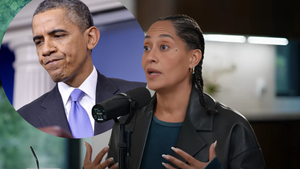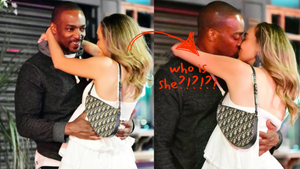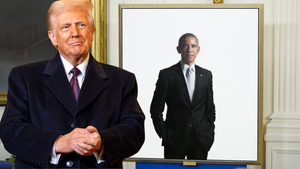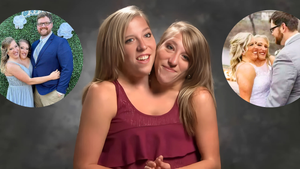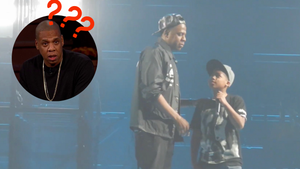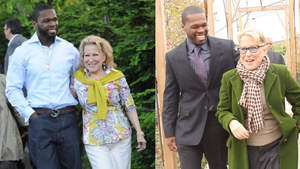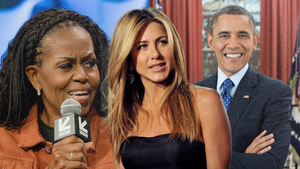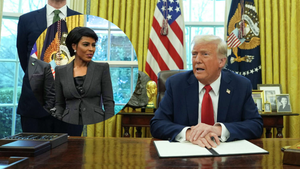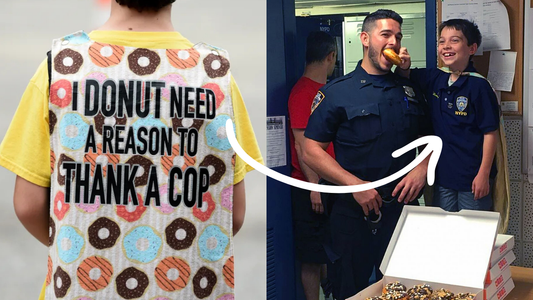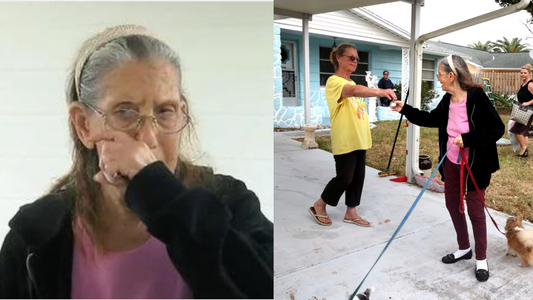In June 2017, President Donald Trump issued a proclamation recognizing African-American Music Appreciation Month, highlighting legends like Chuck Berry, Ella Fitzgerald, and Dizzy Gillespie. He praised their ability to “channel the human experience” and framed their work as a symbol of resilience.
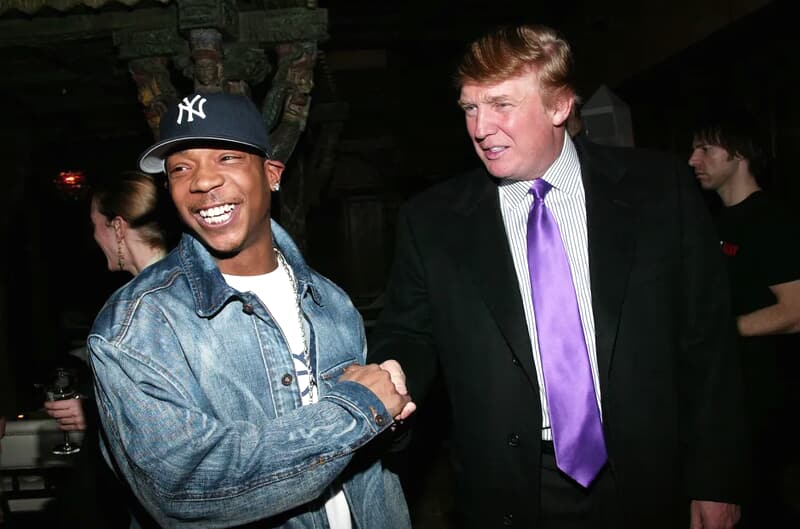
But for many, the announcement felt more like an empty gesture than a meaningful tribute. After all, this was the same administration that had consistently backed policies harmful to communities of color—while offering little authentic engagement with the culture it claimed to celebrate.
Trump and Hip-Hop: A Complicated History
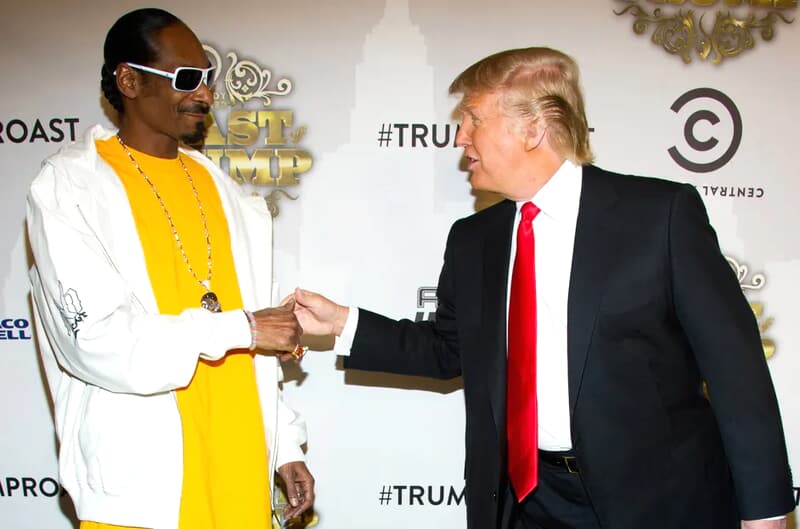
Trump’s relationship with Black music, particularly hip-hop, didn’t begin in the White House. Back in the late '90s and early 2000s, he frequently appeared alongside major rap artists. He attended Diddy’s birthday party. He left messages on Method Man’s answering machine, urging him to release a new album. He offered awkward praise to the Fugees’ Pras and referred to Snoop Dogg as “the greatest” on an episode of The Apprentice.
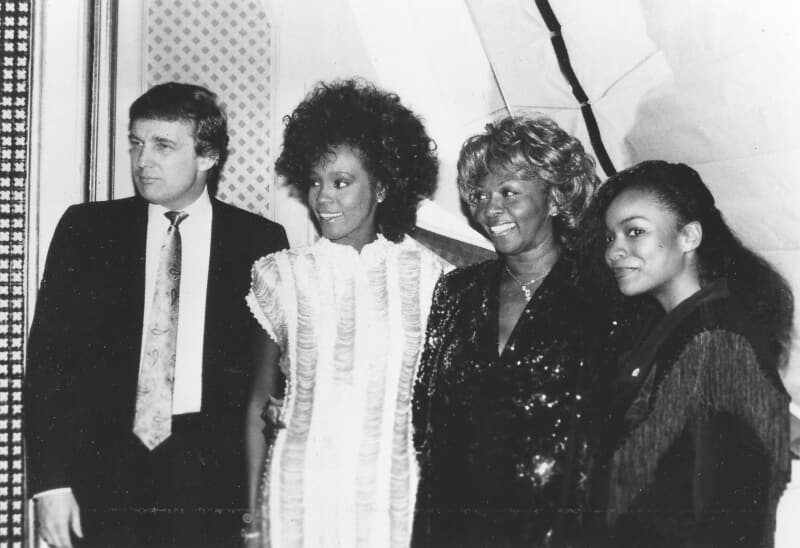
To many, it looked like Trump was playing the role of hip-hop's wealthy, eccentric hype man—so long as the spotlight benefited him too.
From Embrace to Rejection
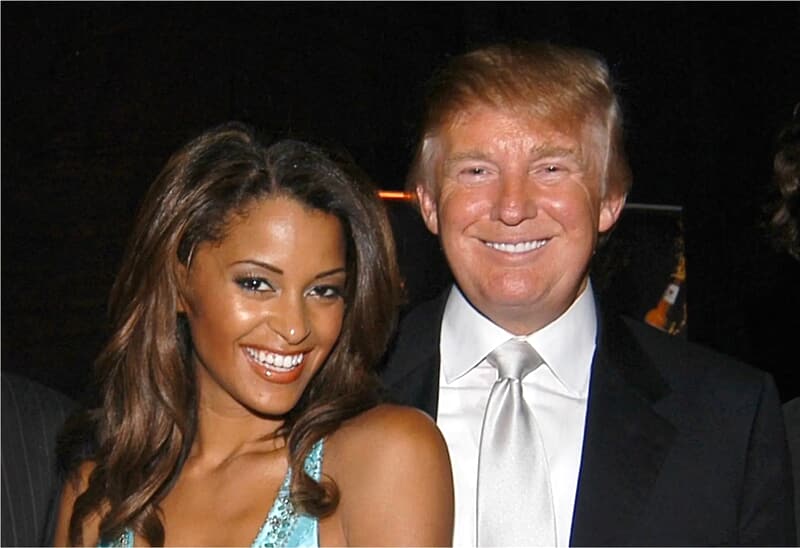
But when Trump ran for president, the relationship shifted. As he courted a conservative base, his tone toward Black entertainers changed. He criticized Jay-Z and Beyoncé for using “filthy language” at a Clinton rally. He stopped praising hip-hop and instead aligned himself with voices who had spent decades attacking it.
The contrast was hard to ignore. While he once saw hip-hop as a tool for promoting himself, he distanced himself from it as soon as it no longer served that purpose.
Only Reverence for the Silent
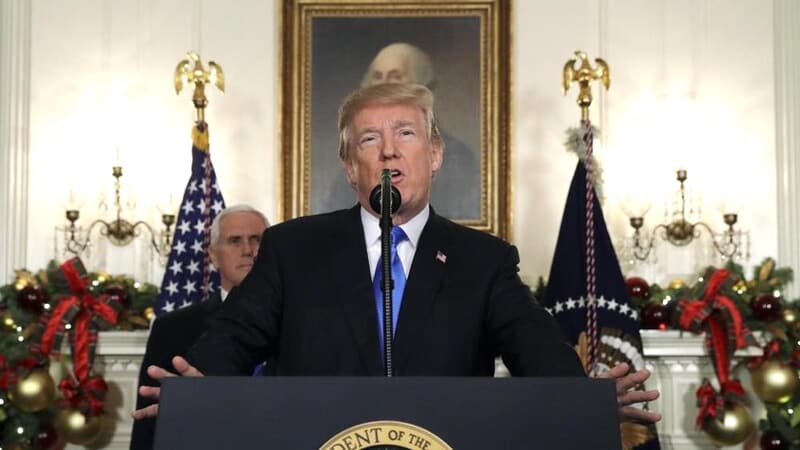
Even in his 2017 proclamation, Trump only mentioned deceased Black artists—Berry, Gillespie, Fitzgerald—names everyone agrees on. Their legacies are powerful, yes, but also conveniently quiet.
Missing from the statement were any living Black voices who could speak for themselves. That silence speaks volumes.
A Transactional View of Black Culture?
Trump once said, “I think hip-hop has done more for race relations than anything.” But throughout his career, the way he’s engaged with Black music often feels transactional—willing to stand next to Black artists for a photo, but unwilling to stand with them on deeper issues.
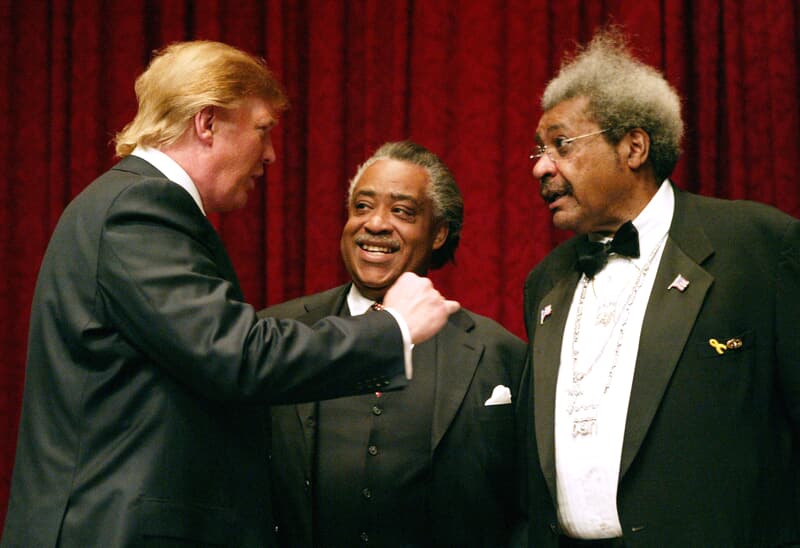
It’s one thing to quote jazz greats during a national celebration. It’s another to truly support the living artists, voices, and communities shaping Black music today.
And as history shows, Trump has rarely done the latter.

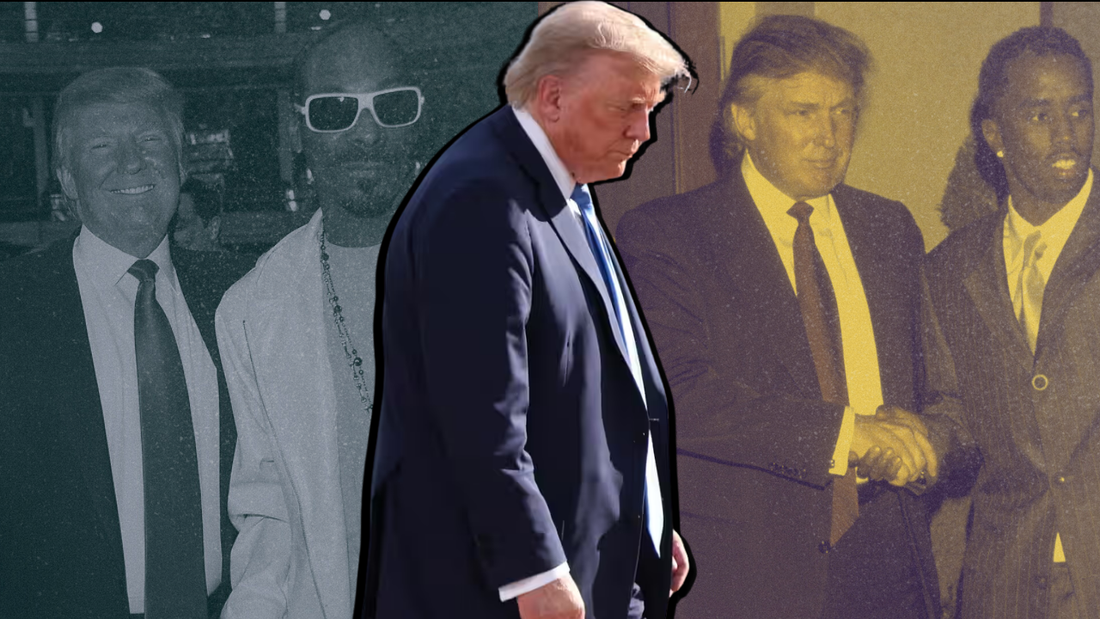
 Share on Facebook
Share on Facebook